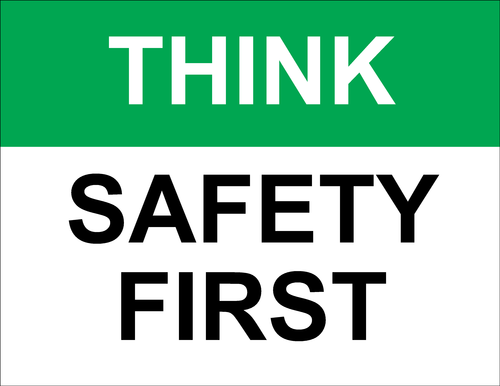Worker Safety
The Occupational Safety and Health Act of 1970 (OSHA Act) was passed to prevent workers from being killed or seriously harmed at work. The law requires employers to provide their employees with working conditions that are free of known dangers. The Act created the Occupational Safety and Health Administrations (OSHA), which sets and enforces protective workplace safety and health standards. OSHA also provides information, training and assistance to workers and employers. Workers may file a complain to have OSHA inspect their workplace if they believe that their employer is not following OSHA standards or that there are serious hazards.
The State of Michigan runs its own state program under the authority of OSHA, called MIOSHA.

The EHS department is the primary resource for occupational health and safety issues and concerns for the Dearborn campus. Contact our office at 313583-6679.
Bloodborne Pathogens Training
To assure proper access to the training and testing links below, make sure that you are logged into your UMich Google account Exclusively and no other tabs in your browser are logged into any other Google accounts.
Campus Drinking Water Quality
The University of Michigan–Dearborn Facilities Operations Environmental Health and Safety team collected drinking water samples from all occupied university buildings that supply drinking water to assess lead levels and other representative water quality parameters. Lead levels in all drinking water samples were below the Department of Environment, Great Lakes, and Energy (EGLE) - Drinking Water and Environmental Health Division (DWEHD) action level of 15 parts per billion (ppb). EHS has drafted a water sampling summary that provides an overview of the collection, analytical and management plan for assuring our water is safe for consumption.
